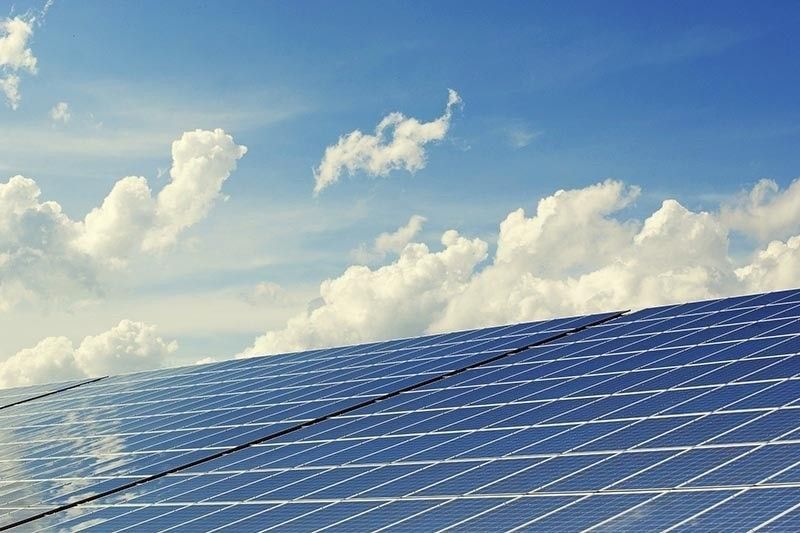ACEN starts construction of battery storage

MANILA, Philippines — Ayala group’s listed energy platform ACEN Corp. has commenced the construction of a battery energy storage system (BESS) to be linked with its solar farm in Australia.
In a disclosure to the Philippine Stock Exchange yesterday, ACEN said the 50-megawatt (MW) one-hour battery would be connected to its 720-MW New England Solar Farm in Uralla, New South Wales to address its intermittency.
Northern Tablelands Member of Parliament (MP) Adam Marshall said the 50-MW/one-hour BESS is supported by a AU$12.5-million state government grant through the New South Wales Government’s Emerging Energy Program.
“The construction of the BESS is a landmark project for the New England Renewable Energy Zone (REZ) and also the New South Wales economy,” he said.
Combined with the solar farm, the battery storage system will be one of Australia’s largest co-located solar and battery energy storage facilities, helping to support a more stable electricity network. The BESS will improve system strength and grid reliability, allowing more low-cost renewable energy to connect to the grid, lowering prices for New South Wales consumers.
Aside from supporting grid reliability, ACEN Australia CEO Anton Rohner said the BESS project would also allow for generation-shifting, so that energy can be stored and then discharged into the grid when it is most needed.
“The New England battery can also be scaled up to 200 MW with two hours of storage capacity in response to the needs of consumers and the grid. We are excited about an energy future where projects such as the New England Solar Farm is supported with batteries and other energy storage technologies,” he said.
In addition to the jobs created by the solar farm, the BESS project is expected to generate up to 50 jobs during peak construction.
ACEN president and CEO Eric Francia said the project allows the company to expand its renewable energy portfolio and contribute to Australia’s transition to a clean energy future.
This is due to its partnership with UPC Renewables since 2018.
In October last year, ACEN announced plans to buy out its partner in UPCAC Renewables for $243.3 million.
Last March, ACEN increased its ownership in UPCAC Renewables to 80 percent, with the intent to increase it to 100 percent by early 2023. With this acquisition, UPCAC Renewables has rebranded to ACEN Australia.
“While the UPCAC Renewables name and brand is changing to ACEN Australia, our highly capable Australian team will remain in place, and our approach to building long term relationships built on trust with our host communities, and other stakeholders remains the same,” Francia said.
For the New England Solar, construction is ongoing for the first 400MW alternating current / 520MW direct current stage and is due to be completed next year.
Once the entire 720 MW project is complete, it will produce around 1.8 million megawatt hours of clean electricity each year, enough to power about 250,000 New South Wales homes.
Since its formation in 2018, UPCAC Renewables Australia has developed over 8,000 MW of renewable energy pipeline across New South Wales, Tasmania, Victoria, and South Australia.
Apart from Australia, ACEN has a presence in Vietnam, Indonesia, India and the US.
To date, it has 3,800 MW of attributable capacity both in the Philippines and internationally. Of the total, 3,300 MW are from renewable sources such as solar, wind, and geothermal energy.
ACEN is targeting a renewable capacity of 5,000 MW by 2025, towards its vision of becoming the largest listed renewables platform in Southeast Asia.
- Latest
- Trending




























